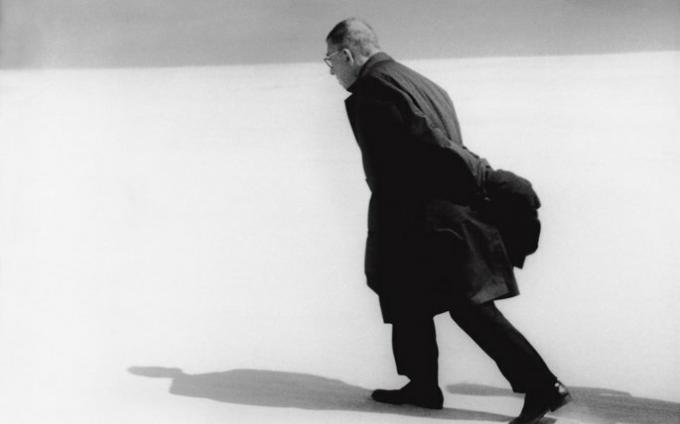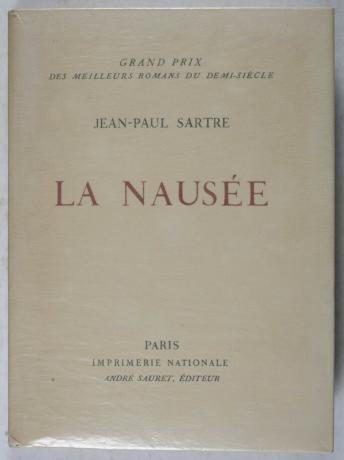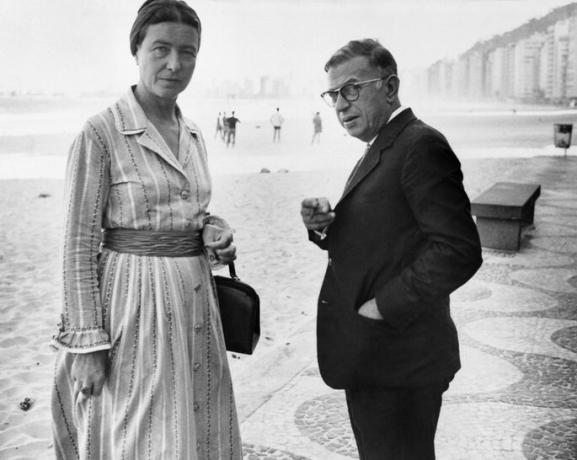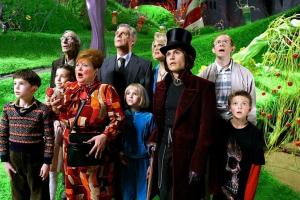Jean-Paul Sartre: 7 essential works to get to know the French philosopher
Jean-Paul Sartre (1905-1980), philosopher, writer, biographer and literary critic, considered the pioneer of existentialism, is one of the most influential thinkers of the 20th century.
In his work stands out the defense of human freedom based on the fact that the human being is not predetermined, and it is who builds his own destiny.
Although his philosophical works expose the theory, the literary works allow us to capture what his thought consists of, led to experience. Among these works, Being and Nothingness stands out as the basis of his philosophical thought.
Here are some of the essential works to understand this philosopher, who was also a prolific author.
Philosophical works

Sartre's first philosophical works develop existential philosophy. The last work tries to expand his initial thought to the human being in society and establishes a dialogue with the thought of Marx.
1. Being and Nothingness (1943)
The work was published at the end of the Second World War, in 1943. It is the book that rigorously exposes what Sartre's existentialism consists of, or, as he preferred to call it, the philosophy of existence, and allows us to fully understand his literary works.
Being and Nothingness It is divided into four parts: The problem of Nothingness, Being-for-itself, The-other and Having, doing and being.
He explores the differences that exist when contemplating the being of an object versus the human being. He deduces that being human implies a porous being that functions in relation to his past and that is always projected into the future, until his death.

2. the existentialism is a Humanism (1946)
The work is based on the very successful and well attended lecture given by Sartre at the end of World War II in (1945). It is a manifesto that explains in simple language what his existentialism consists of. It exposes what the freedom of the human being consists of, that he is free to choose his own destiny, but this necessarily implies taking responsibility for the consequences of all his decisions.
You may also be interested in:
- Existentialism is a Humanism, by Jean-Paul Sartre.
- Man is doomed to be free, by Jean-Paul Sartre.
3. Critique of dialectical reason (1960)
In this book, Sartre develops the concept of Marxist existentialism. In it, he considers human freedom in the historical context and the relationship of the human being with his natural world, which necessarily implies facing the scarcity of goods and resources. He concludes that man can only be truly free in society to the extent that he manages to respond to said scarcity.
Literary works
Sartre also wrote novels, plays, essays, literary criticism, and biographies. The works that follow develop, explain, and exemplify the complexity and application of his philosophical thought.
4. Nausea (1938)

It is Sartre's first novel and was published in 1938. It is based on the diaries of Roquentin, his protagonist, a historian concerned that his existence means absolutely nothing regardless of the circumstances. It suggests that freedom is a kind of condemnation, since there is no divine purpose, destiny, or power to even guide its existence. Ronquetin develops anguish before existence, characterized by nauseating feeling.
5. The flies (1943)
It is a play that recreates the myth of Electra. Orestes, brother of Electra, the protagonist, considers the possibility of avenging the death of his father, Agamemnon, murdered by Clytemnestra, his mother, and Egisto, his stepfather.
Through Orestes the concept of freedom is developed: to become aware of one's own freedom is to assume responsibility for our actions. In the case of Orestes, this responsibility consists in becoming a murderer and going against the wishes of the god Jupiter and his people, along with the punishment that this may represent.
6. Behind closed doors (1944)
It is a play in which three characters are locked in hell, which consists of a room with three armchairs without windows, mirrors or time, where they cannot blink, close their eyes or to sleep.
The work develops the complexity of human relationships: the codependency that creates the need to be seen and to know how others see us; the need to possess another and restrict his freedom, or to be the object of desire and admiration of another.
This work ends with the famous phrase: "Hell is the others."
7. Dirty hands (1948)
It is a play. The protagonist, Hugo, belongs to the communist party and decides to assassinate the party leader for collaborating with enemies and betraying the principles of the party.
The work weighs ideological versus pragmatic values, and explores the problems that come with being a politically active intellectual.
You might also be interested in reading Existentialism: characteristics, authors and works
Biography of Jean-Paul Sartre

He was born in Paris in 1905. He studied at the prestigious École Normale Supérieured where he obtained a doctorate in Philosophy (1929). There he met his partner, the philosopher Simone de Beauvoir.
He provided compulsory military service at the time when Algeria was a French colony and was a meteorologist for the French Army during World War II. He was a prisoner of war for nine months.
He rejected the Nobel Prize for Literature awarded in 1964, because he went against his principles: he thought that no institution should mediate between man and culture.
Sartre's main works
Here is a list of the main works of Jean-Paul Sartre.
Philosophy
- Being and Nothingness
- the existentialism is a Humanism
- Critique of dialectical reason
Literature
Novels
- Nausea
- The paths of freedom
- The die is cast
Theater
- The flies
- Behind closed doors
- Dead without burial
- The respectful whore
- Dirty hands
- The devil and god
Literary criticism
- Baudelaire
- Saint Genet: comedian and martyr
- The idiot of the family (about Flaubert)
You may also like: Simone de Beauvoir: 7 keys to understanding who she was and her contributions to feminism


